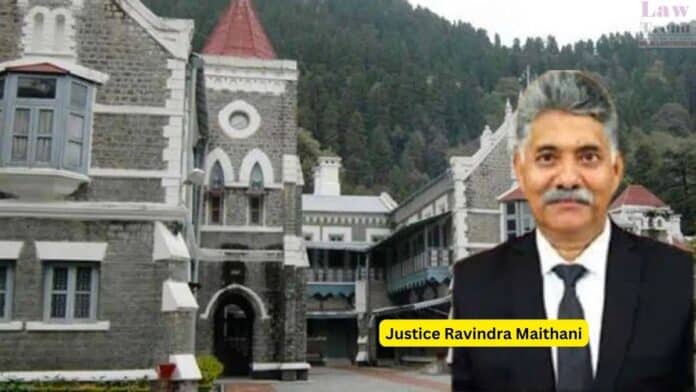The Uttarakhand High Court has ruled that a husband cannot be held guilty under Section 377 of the Indian Penal Code (IPC) for engaging in ‘unnatural sex’ with his wife if the act is protected by Exception 2 to Section 375 IPC. In a significant judgment delivered on July 19, 2024, Justice Ravindra Maithani observed:
To Read More Please Subscribe to VIP Membership for Unlimited Access to All the Articles, Download Available Copies of Judgments/Order, Acess to Central/State Bare Acts, Advertisement Free Content, Access to More than 4000 Legal Drafts( Readymade Editable Formats of Suits, Petitions, Writs, Legal Notices, Divorce Petitions, 138 Notices, Bail Applications etc.) in Hindi and English.




